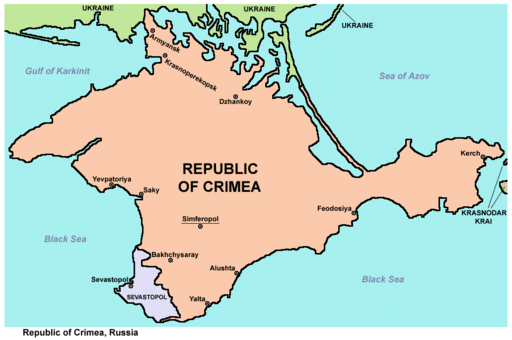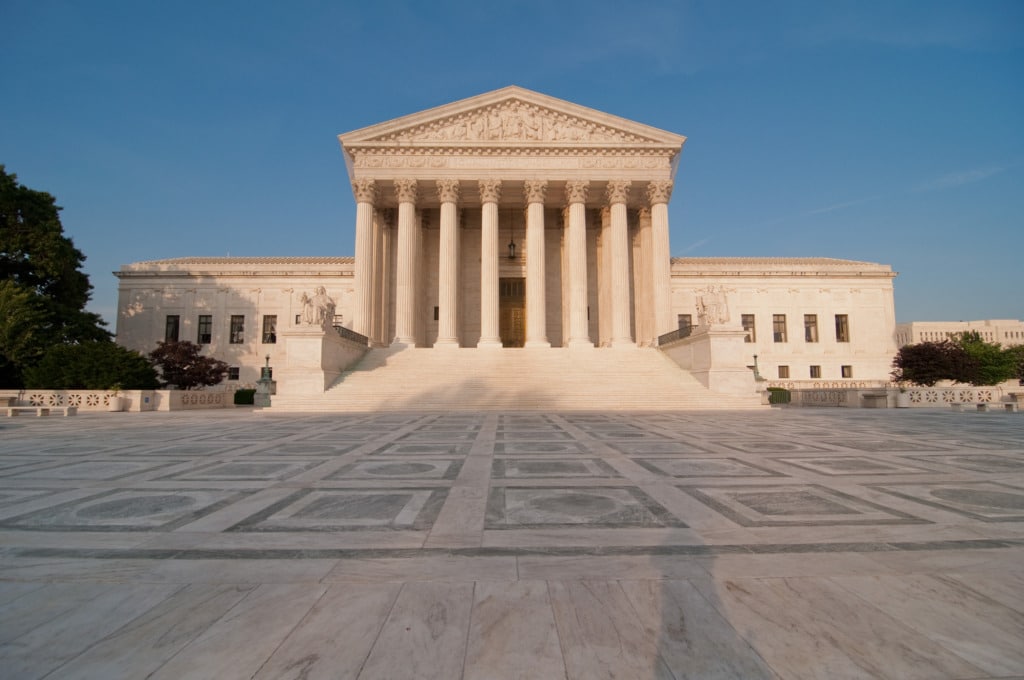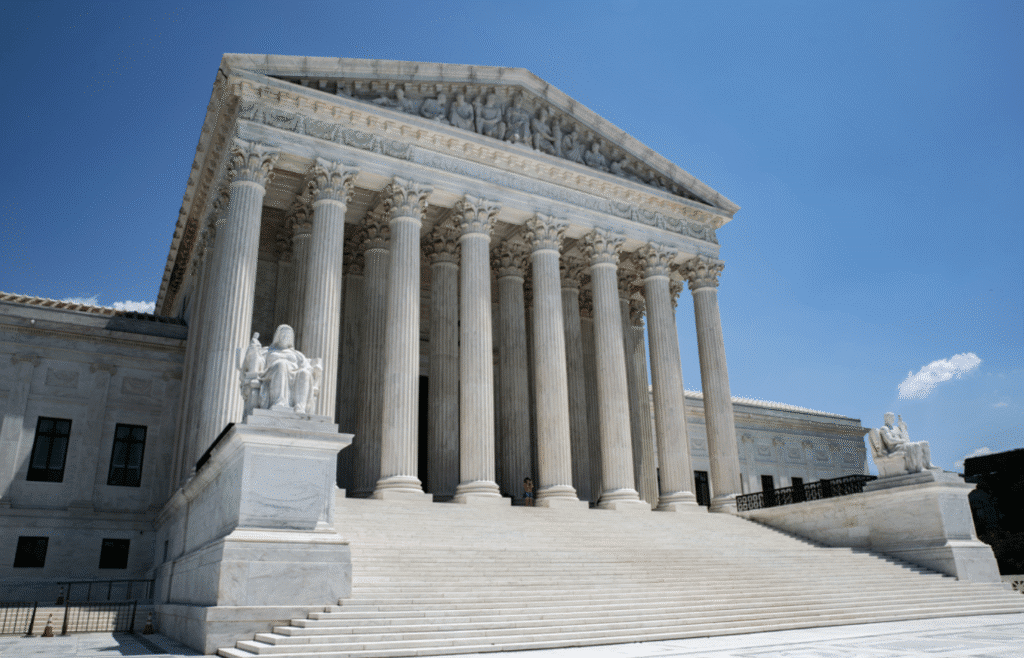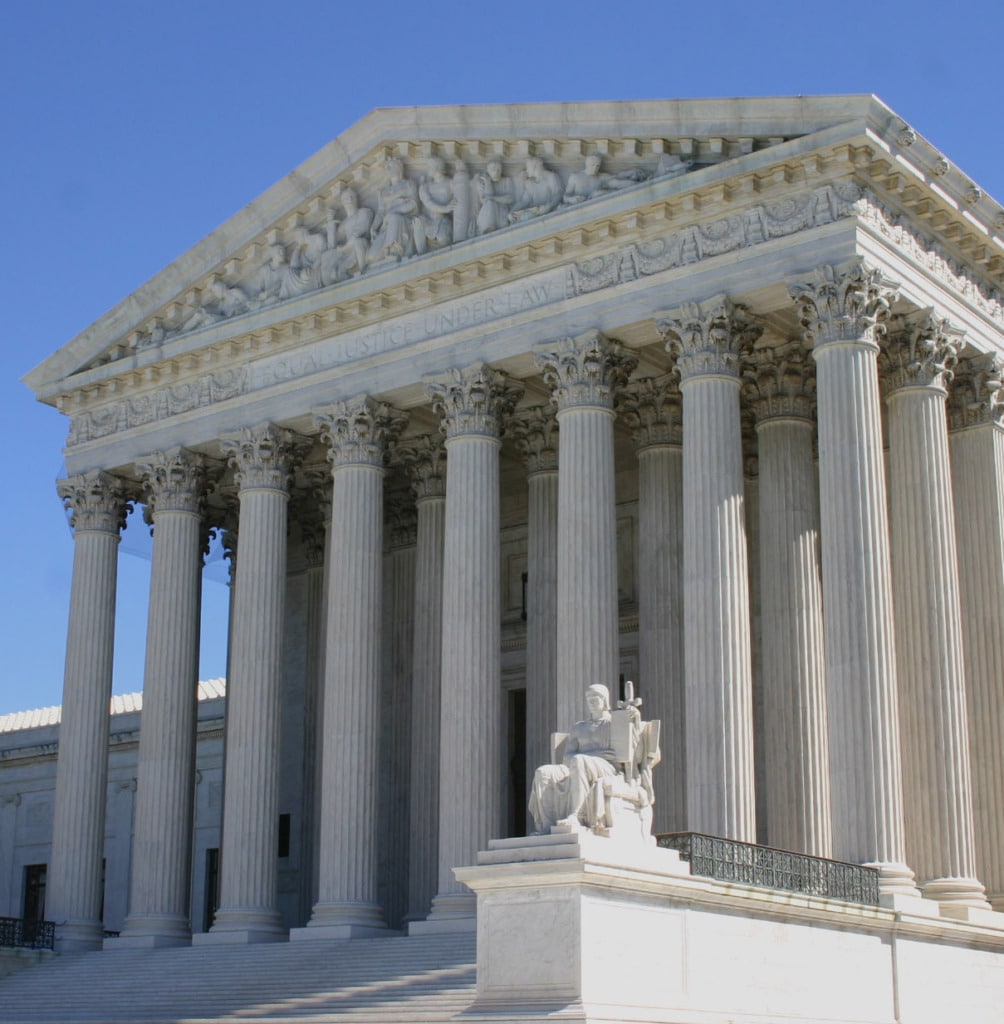Coordinating Prosecutions: The Rise of Global FCPA Settlements
One of the central structural challenges in transnational criminal enforcement is multijurisdictional prosecution. When multiple states possess prescriptive jurisdiction over the same conduct, wrongdoers can face overlapping—or sequential—national prosecutions for a single course of conduct. This challenge is endemic in the anti-corruption arena. Foreign bribery is almost always transnational: the bribe is paid in one…
Continue ReadingU.S. Copyright Transfer Termination Rights as a Choice-of-Law Problem
A transfer of copyright, such as an assignment of copyright or a license of copyright, is often executed with transnational scope. Business transactions in most types of copyrighted works are increasingly global, and it is not surprising that parties want to conduct transactions in copyright for multiple countries. Transfers of copyright, including those that arise…
Continue ReadingPersonal Jurisdiction in Federal Antitrust Litigation Post-Fuld: In re Diisocyanates Litigation
Last year, in Fuld v. Palestine Liberation Organization, the Supreme Court held that the due process limits of personal jurisdiction under the Fifth Amendment differ from those under the Fourteenth. As Maggie Gardner has noted, the Court didn’t say much about what those limits might be—meaning that the lower federal courts will now take on…
Continue ReadingEnforcement of Arbitral Awards against Russia for Expropriation of Property in Crimea
The D.C. Circuit recently cleared the way for the enforcement of foreign arbitral awards against Russia for the expropriation of electricity and gas infrastructure in Crimea. Russia argued in the case, Stabil v. Russian Federation, that there was no jurisdiction because the arbitration exception to the Foreign Sovereign Immunities Act (FSIA) did not apply and…
Continue ReadingDistrict Court Orders Section 1782 Discovery for Peru Bribery Cases
28 U.S.C. § 1782 authorizes federal courts to order discovery for use in foreign or international tribunals. A recent decision in the Southern District of New York (SDNY), In re Brookfield Infrastructure Partners L.P., shows how § 1782 works, while raising interesting questions about discovery from banks and law firms. Highway Bribery In 2012, Metropolitan…
Continue ReadingArgument Preview: Engbridge Energy, LP v. Nessel
The Supreme Court will hear oral argument this morning in Enbridge Energy, LP v. Nessel, a case involving Michigan’s effort to end an easement across the Straits of Mackinac for an oil and natural gas pipeline between the Midwest and Canada. As Bill has covered previously for TLB, this is one in a series of…
Continue ReadingCert Grant in Climate Case
The Supreme Court has added a climate case to its docket. In Suncor Energy Inc. v. County Commissioners of Boulder County, local governments sued fossil fuel companies in Colorado state court to recover for damages they sustained as a result of climate change. The complaint includes claims for public and private nuisance, civil conspiracy, unjust…
Continue ReadingMedia Roundup: Learning Resources, Inc. v. Trump
On February 20, the Supreme Court decided Learning Resources, Inc. v. Trump, a case that questioned whether the International Emergency Economic Powers Act (IEEPA) permits President Trump to impose sweeping emergency tariffs. In a 6-3 vote, the justices ruled that the tariffs exceed the powers given to the president by Congress under the 1977 law….
Continue ReadingPreview of Supreme Court Arguments in Helms-Burton Act Cases: Havana Docks and Cimex
On February 23, 2026, the Supreme Court will hear oral arguments in Havana Docks Corp. v. Royal Caribbean Cruises and Exxon Mobil Corp v. Corporación Cimex. Prior coverage is here, here, and here. The Helms-Burton Act cases slated for argument on February 23 present the following two questions: Question 1: The issue before the Court…
Continue ReadingEnterprise-Wide Contracts as a Basis for Personal Jurisdiction Over Foreign Parent Companies
A couple of weeks ago, I wrote about a case in which certain enterprise-wide contracts executed by a (U.S.) corporate plaintiff figured in the analysis of legislative jurisdiction. Today, I want to focus on VMware LLC v. Siemens AG, a case in which certain enterprise-wide contracts executed by a (foreign) corporate defendant figure in the…
Continue Reading




